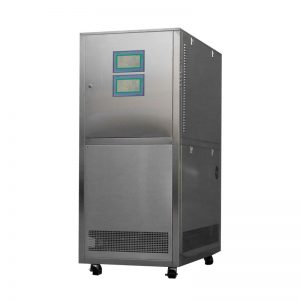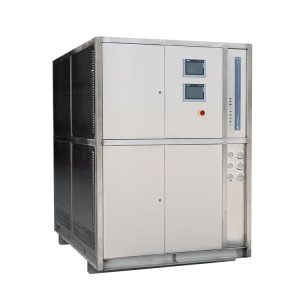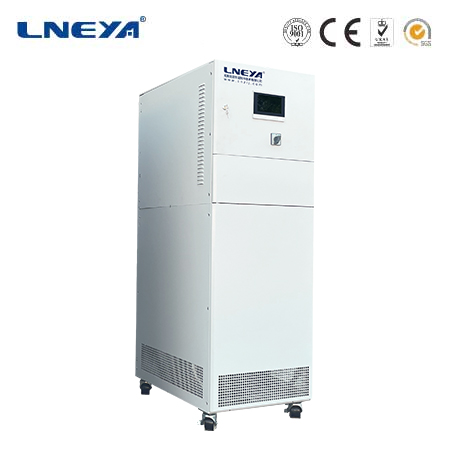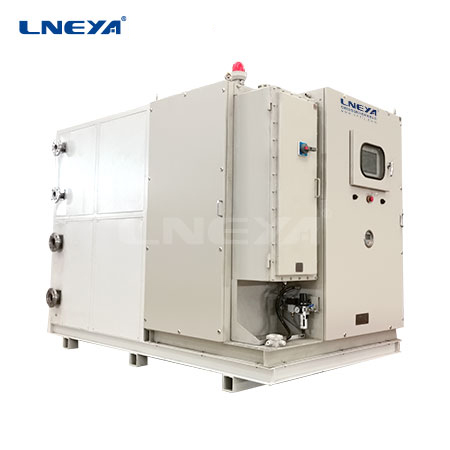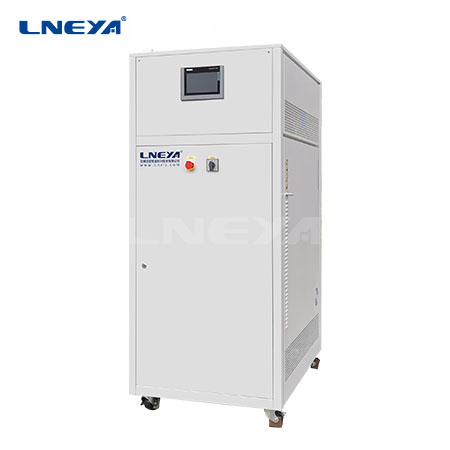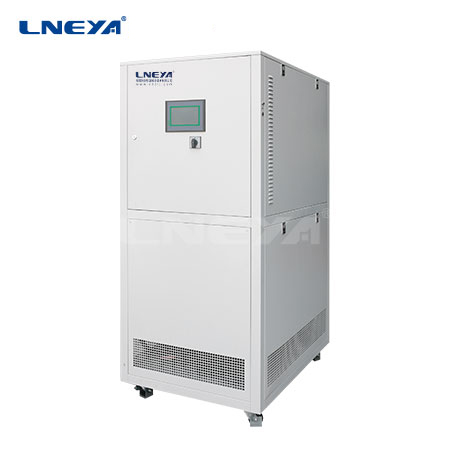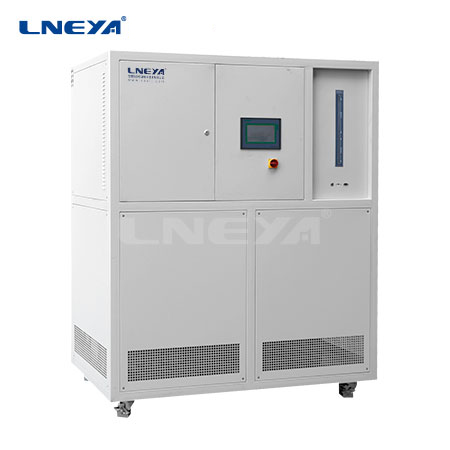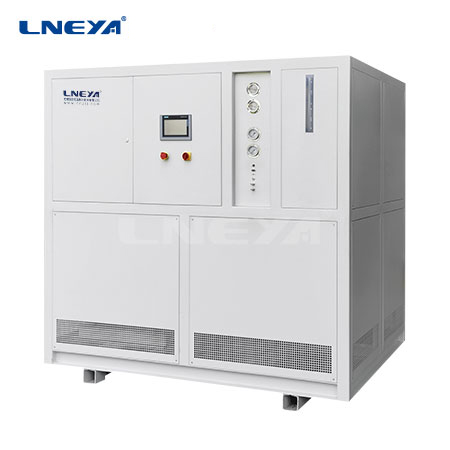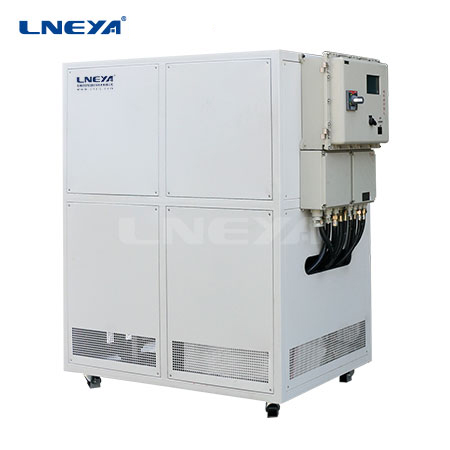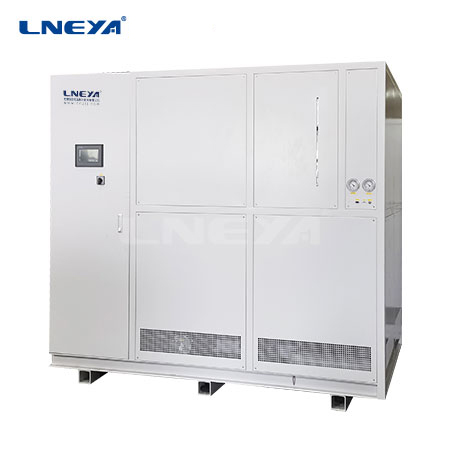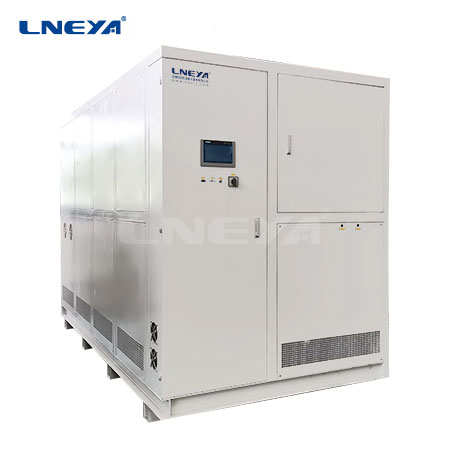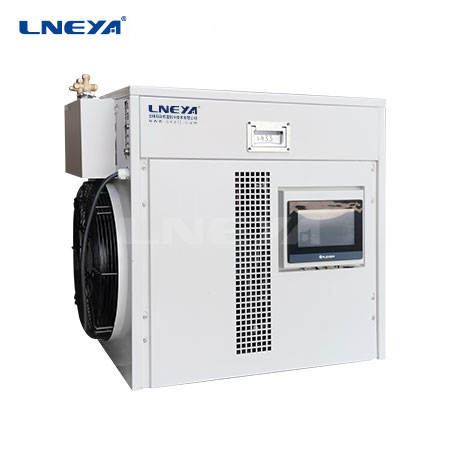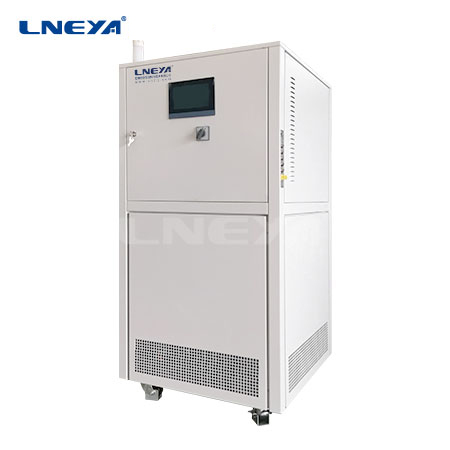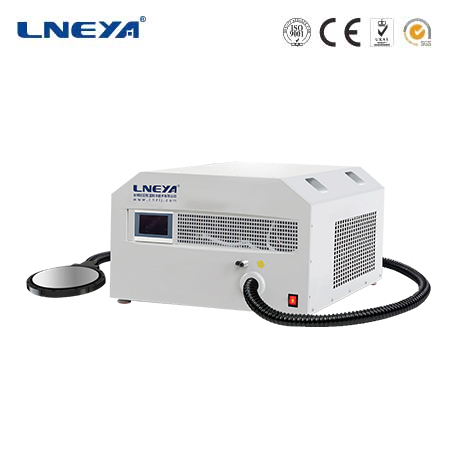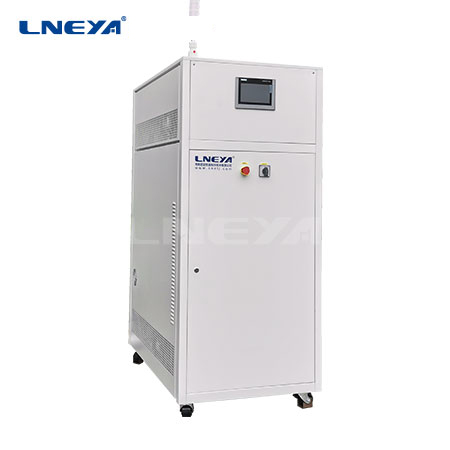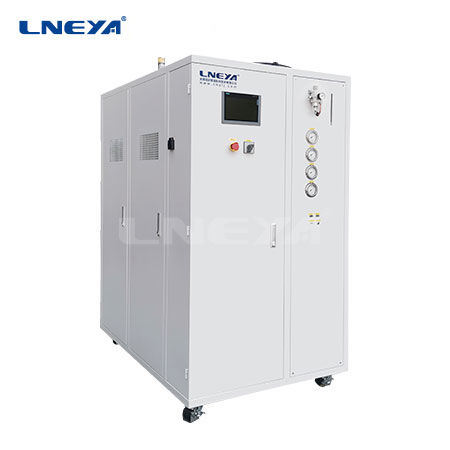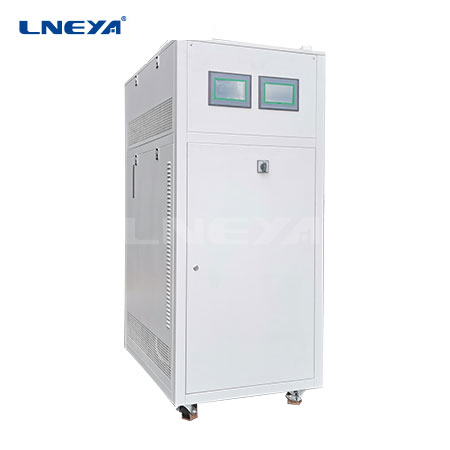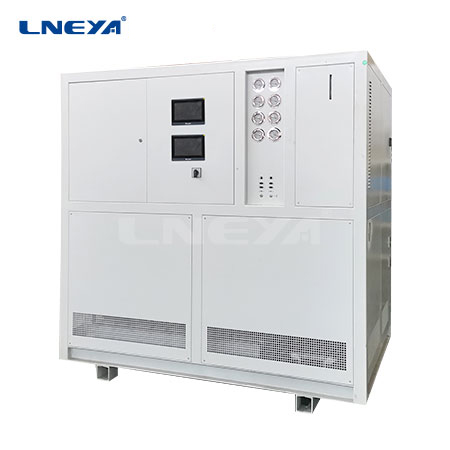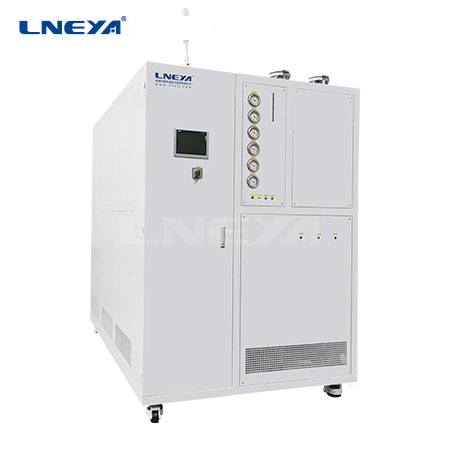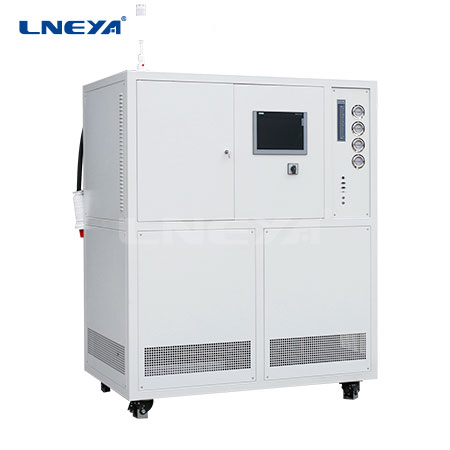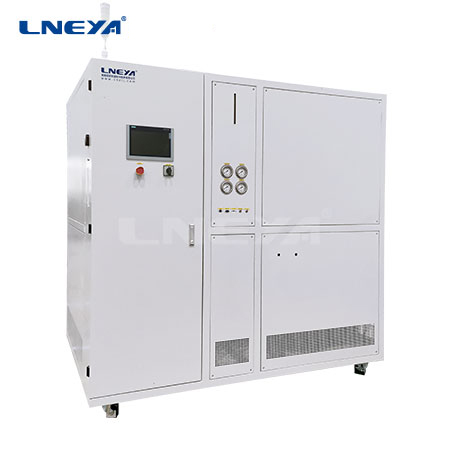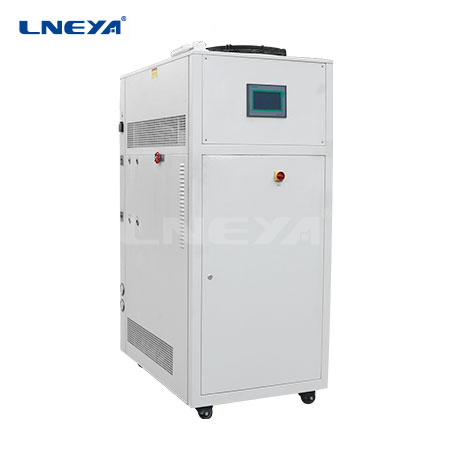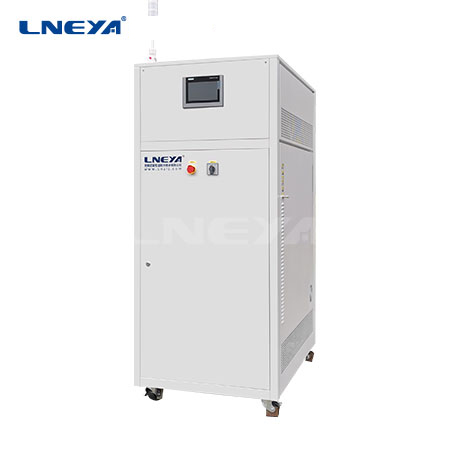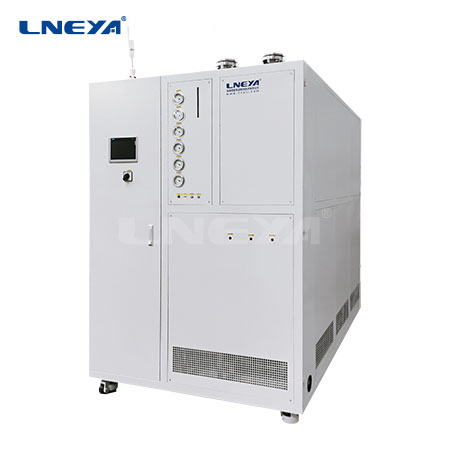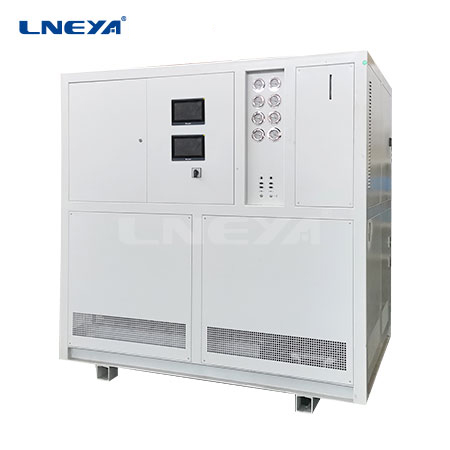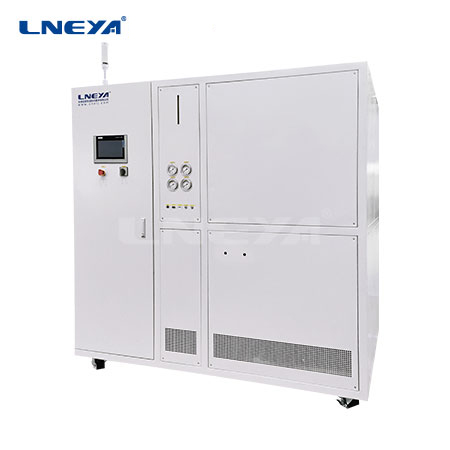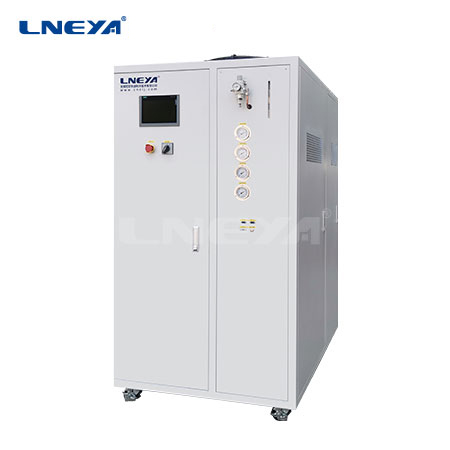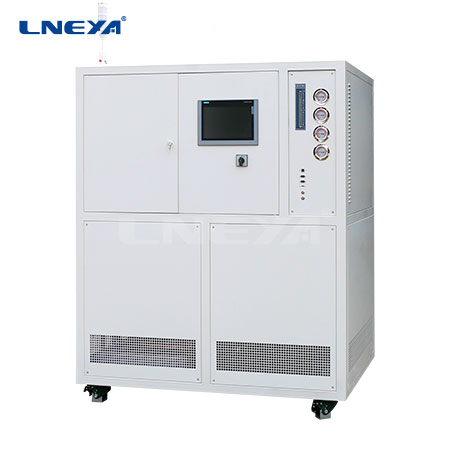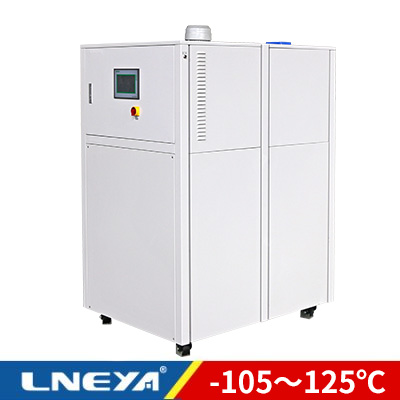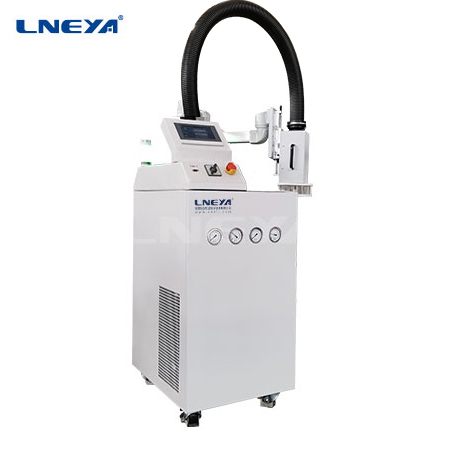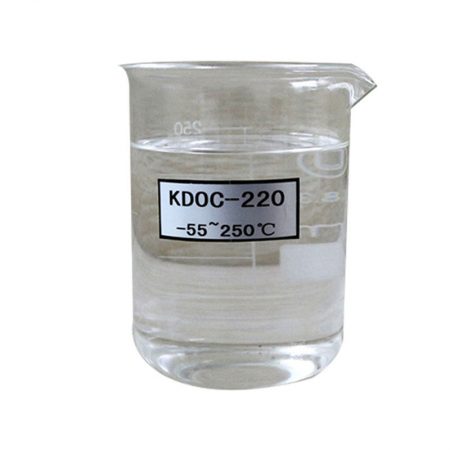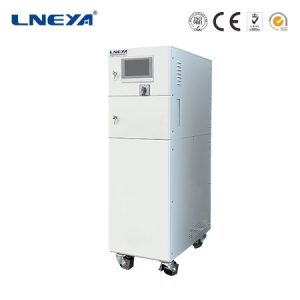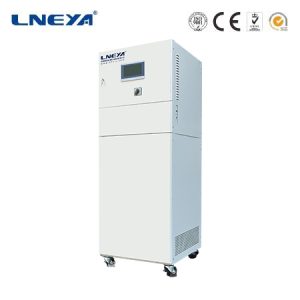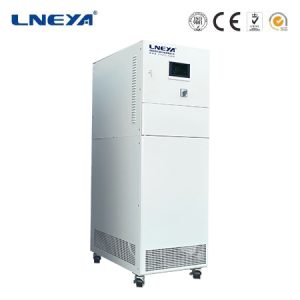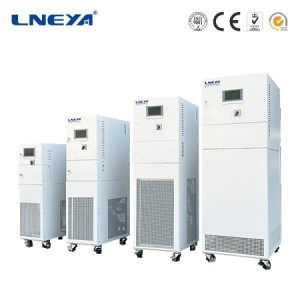What are the requirements for chilled water for the 10 ton chiller?
1. PH
Any water with too high alkalinity or acidity can not meet the use demand of the LC -25°C ~ -5°C 저온 냉각기, and even lead to irreparable corrosive failure after long-term operation of the 10-ton water chiller. Therefore, if a 10-ton water chiller is used, it is necessary to use qualified chilled water to avoid a large number of equipment failures.

2. Soft hardness
If the water quality is relatively hard, it will affect the operation of the 10-ton water chiller. Especially in the state of high efficiency operation, it is easy to cause various scale problems inside the 10-ton water chiller. When scale accumulates to a certain extent, it will affect the normal use of refrigeration units by enterprises.
3. Water flow
If the water flow is too high or too low, the operation efficiency of the equipment will be restricted, and even the cooling performance of the 10-ton water chiller will be reduced. It can continuously increase the water flow within the reasonable range, and can increase the operation of the refrigeration unit.

In any case, the cooling water of the 10-ton water chiller cannot contain impurities, otherwise it will not be able to cool and dissipate heat normally.
Ultimately, it will affect the operation of the whole equipment. The appearance of impurities will be small enough to block, and will directly affect the heat dissipation capacity.
For the 10-ton water chiller, if the heat dissipation is not up to the standard, it is equivalent to directly destroying the 10-ton water chiller. Many new books do not care about its impurities at the beginning of operation, and think that the impact is small, and it is too late to regret after causing serious consequences.

The cooling water must be free of foreign matters, because only the cooling water without foreign matters can ensure the normal operation of the water-cooled chiller system. Foreign matters and impurities are totally different.
Impurities refer to the clarity of the cooling water, which will affect the heat exchange effect of the machine and equipment.
If foreign matters occur, they will directly cause the blockage of the cooling water pipe or other failures. Some large foreign matters that should not appear in the cooling water may even cause serious machine failure.
 LNEYA
LNEYA
 简体中文
简体中文










